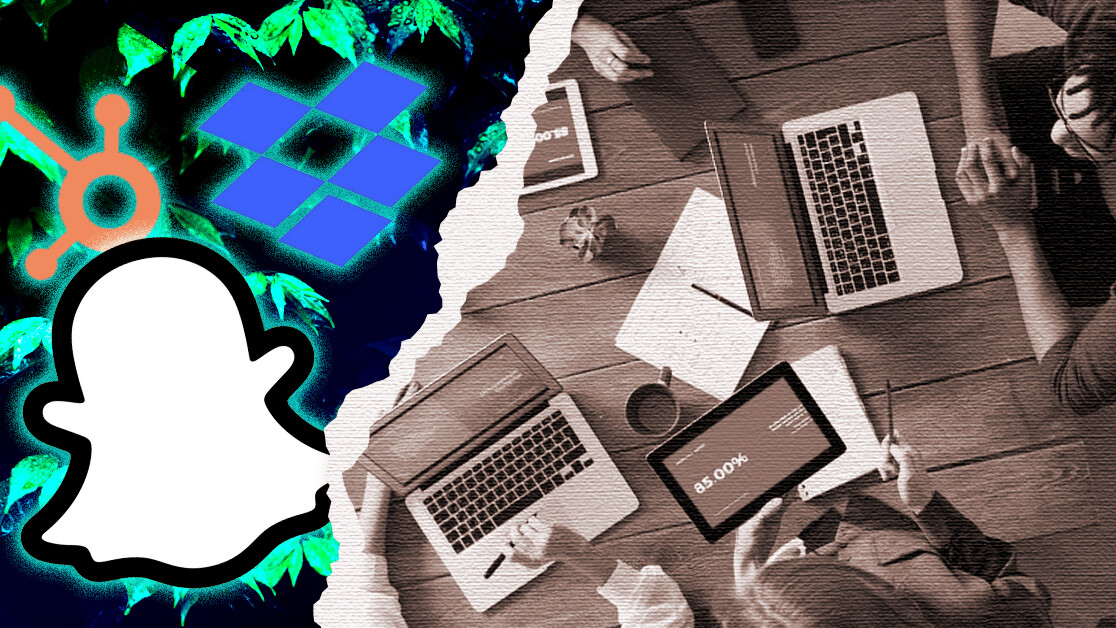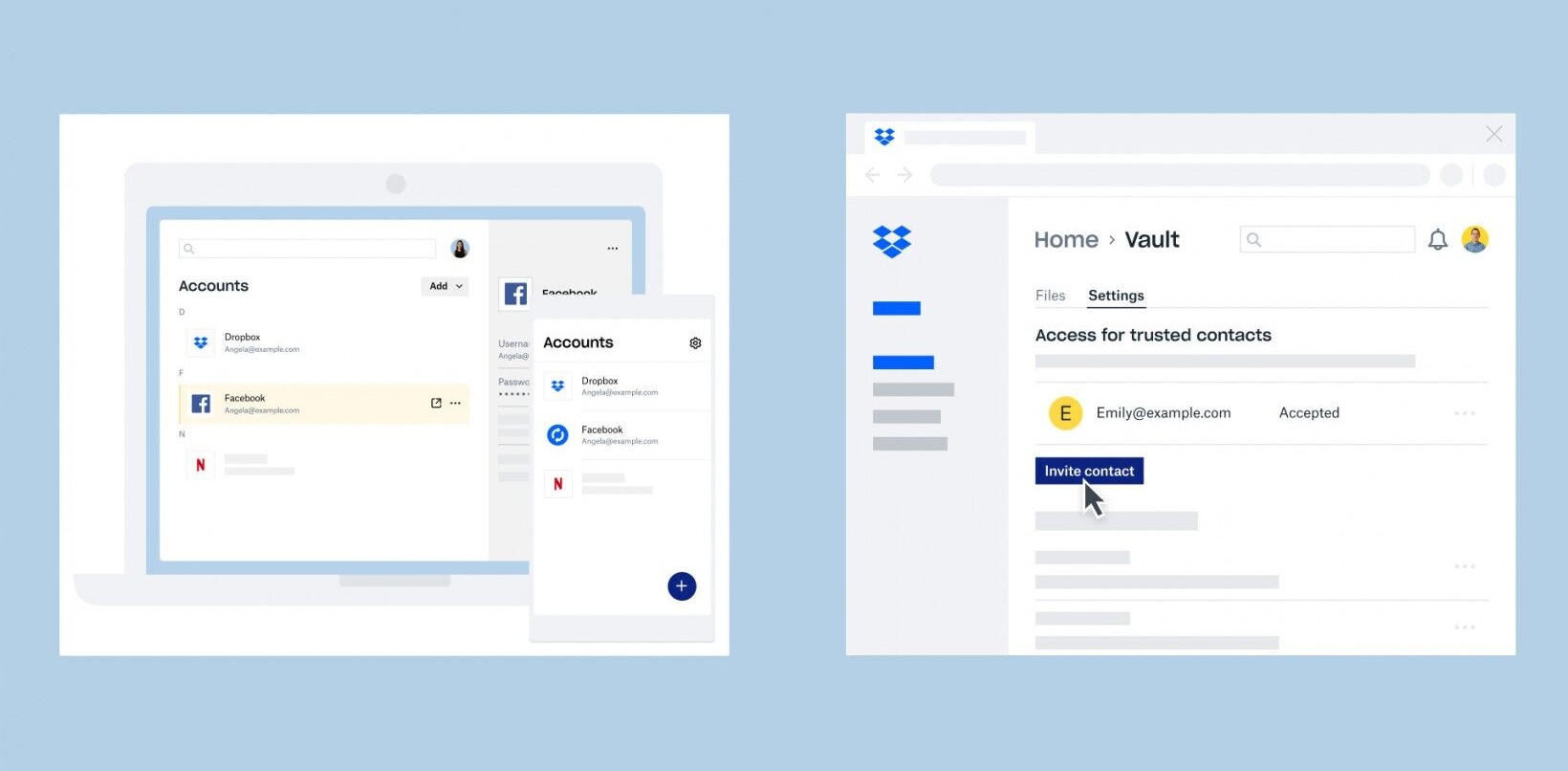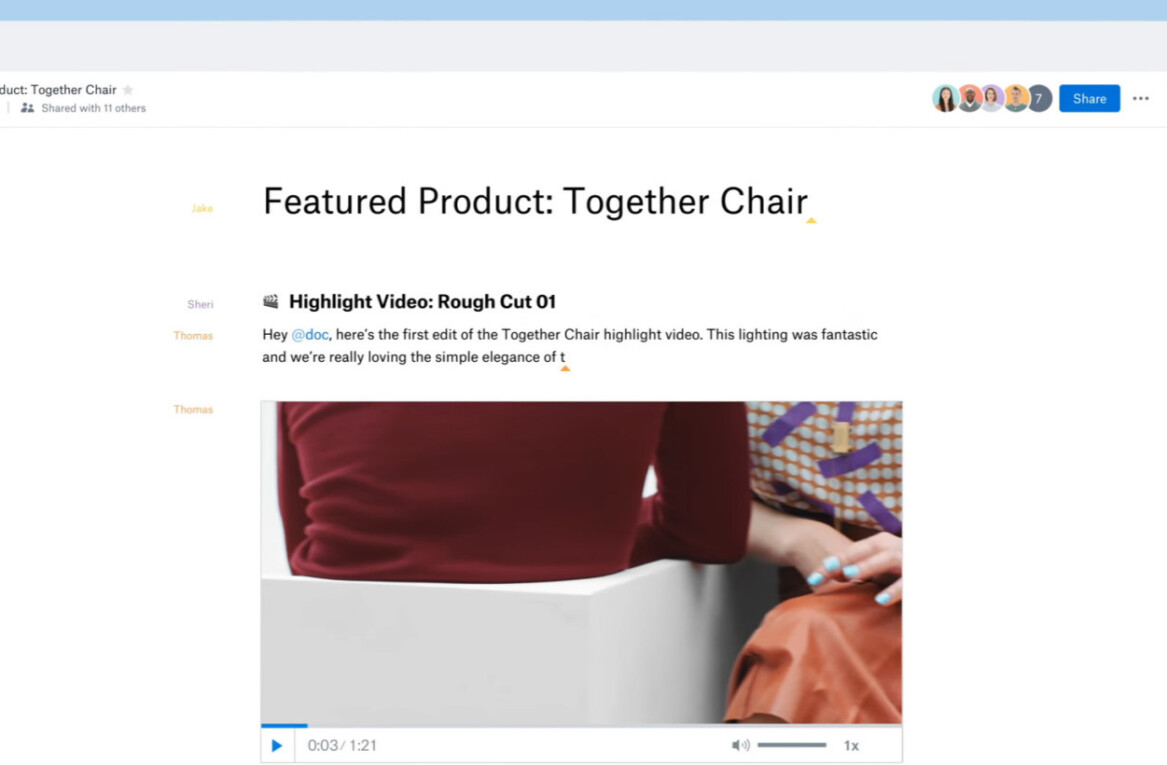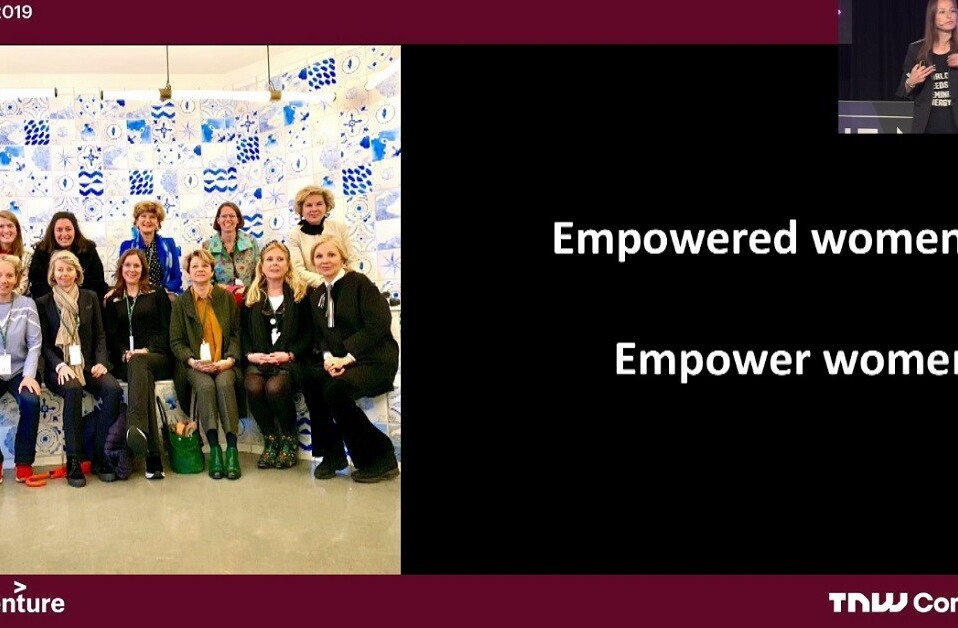
Did you know we’re hosting a discussion on productivity, culture, and talent at TNW2020 this year? Check out our session on ‘Redefining the way we work’ here.
When COVID-19 first hit, futurist Peter Schwartz warned businesses would soon embark on a grand experiment unlike any before: “We’re going to learn the hard way, rather quickly and by necessity, everything that can be done remotely. We’re not going back to zero afterward.”
For many of us, the reality of that shift is a lot more lo-fi than anticipated. Sure, mastering Microsoft Teams presented a temporary challenge, but maintaining professionalism whilst handling the banalities of day-to-day life in between Zoom calls has proven more difficult.
For people managers, ensuring employees find proper balance in their lives is essential to our ‘new normal’. After all, switching off is especially harder without our daily commute, and the result is we often carry work stress even after we’ve signed off on Slack.
“The pandemic is obviously taking a toll on everyone: we need to consider mental health, wellbeing, work/life balance, and even added pressure for parents and caregivers to juggle home-schooling alongside their regular work,” says Melanie Collins, Global Head of People at Dropbox. “We worry about burnout.”
To help, Collins explains that Dropbox offers employees and their dependents free counselling sessions, and the company routinely shuts down so that workers can reset and recharge without feeling guilty for doing so.
For real change at work, tie empathy goals to executive compensation
HubSpot’s Katie Burke, agrees with Collins’ prioritization. Burke says HubSpot’s core value is empathy, and the company was able to reinforce morale by showing unadulterated understanding this year.
Burke adds this includes keeping business matters transparent, especially as the pandemic continues to affect more companies, and by extension, more people.
“In times of uncertainty, people are looking for as much information and clarity as possible. We share all the information that we can, including financial considerations and board decks,” says Burke.
Establishing empathy as a core value of a business sounds nice, but it seems appropriate to hold business managers accountable for achieving that goal. That’s why Snapchat’s parent company, Snap Inc., tied executive compensation to values-based goals of being kind, smart, and creative.
“We did this to show how important it is to live those values, to not only thrive at our company, but to really serve our community,” says Lara Sweet, Snap’s Chief People Officer.
[READ: It’s 2020, your team’s mental health and morale should be a priority by now]
“As people leaders, we must think about what is important to our teams, and make sure we’re providing that, whether it’s training, benefits programs, or inclusive leave practices,” adds Sweet. “It’s really important, while we’re all at home, that we’re thinking about what might have served before — how do we reinvent that?”
There’s no doubt 2020 presents a difficult challenge for companies. You can learn exactly how tech’s biggest investors reacted to this year at our ‘Redefining the way we work’ session at TNW2020, where Collins, Burke, and Sweet will relay exactly how they’re enacting lasting change that has real impact for their employees.
Hosted by Landit founder Lisa Skeete Tatum, the panel will also share strategies for promoting inclusiveness, and their experiences with increasing workplace diversity for the betterment of their employees, clients, and customers.
Get the TNW newsletter
Get the most important tech news in your inbox each week.





